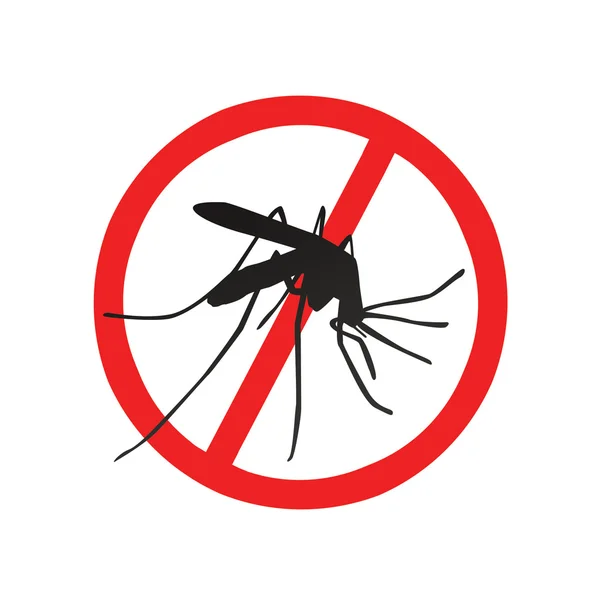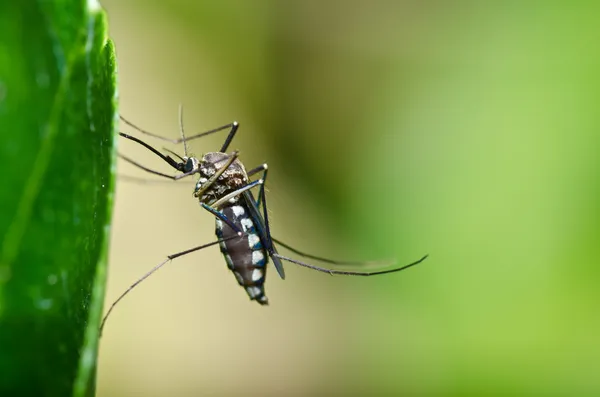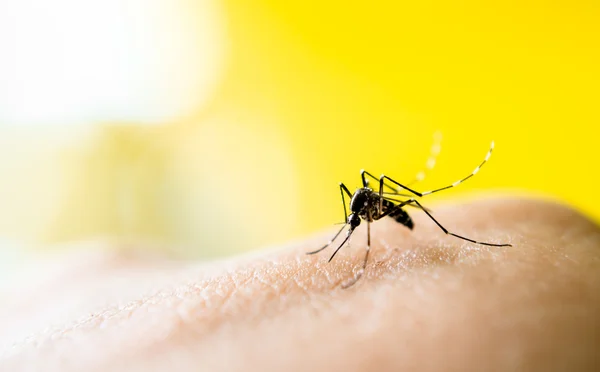New research suggests that certain compounds in our skin determine how much we attract mosquitoes—and these compounds remain consistent over time. If you’ve noticed that mosquitoes don’t bite everyone equally, it’s because these pests are drawn to people at varying rates. Scientists have long known this but have struggled to pinpoint why some individuals are “mosquito magnets” while others remain bite-free.

A new study, published on October 18 in the journal Cell, proposes that body odors are the key factor. Each person has a unique scent profile composed of different chemical compounds, and the researchers discovered that mosquitoes are most attracted to individuals whose skin produces high levels of carboxylic acids. The study also found that a person’s attractiveness to mosquitoes stays consistent over time, regardless of changes in diet or grooming habits.

“The question of why some people are more attractive to mosquitoes than others—that’s what everyone asks,” says Leslie Vosshall, a neurobiologist and mosquito expert, and co-author of the study says “The question of why some people are more attractive to mosquitoes than others, that’s what everyone asks.” My mother, my sister, people in the street, my colleagues—everybody wants to know.”
This widespread curiosity motivated Vosshall and her team to conduct this research. Some theories have suggested that blood type influences mosquito attraction, but evidence for this link is weak, Vosshall explains. Over time, researchers have focused on body odor as the primary factor, though identifying the specific odors that mosquitoes prefer has been challenging.
To address this, Vosshall and her colleagues enlisted 64 participants to wear nylon stockings on their arms for six hours, allowing the nylons to absorb each person’s unique scent. “Those nylons would not have a smell to me or, I think, to anyone really,” says Maria Elena De Obaldia, a senior scientist at the biotech company Kingdom Supercultures and lead author of the study. However, the stockings were potent enough to attract mosquitoes. The researchers cut the nylons into pieces and placed two samples, from different participants, into a container with female Aedes aegypti mosquitoes. The mosquitoes’ preference between the two samples was then observed.

Over several months, the researchers conducted these head-to-head comparisons, collecting new samples as needed. The results showed that some people were significantly more attractive to mosquitoes than others. Subject 33 was the most attractive, with an attractiveness score “over 100 times greater” than the least attractive subjects, 19 and 28, according to the study authors. The researchers analyzed the scent profiles of the participants to understand this difference, finding that the most attractive individuals produced higher levels of carboxylic acids on their skin, while the least attractive produced much less.

Carboxylic acids are common organic compounds that humans produce in sebum, the oily layer on our skin that helps keep it moisturized and protected. Humans release these acids at much higher levels than most animals, though the amount varies from person to person. The study’s limited number of participants means it can’t definitively identify which personal characteristics make someone more likely to produce high levels of carboxylic acids. There’s also no simple way to test your skin’s carboxylic acid levels outside of a laboratory, Vosshall notes, that sending skin swabs for citizen science projects could be interesting in the future.

